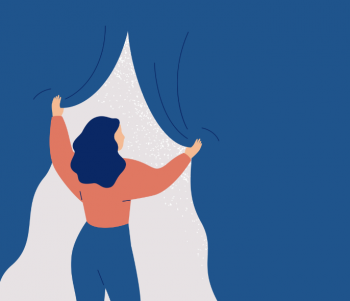Search Results for: ...
Making Meaning from Loss - Moving Beyond Grief with Mental Illness

Virtual Reality Exposure Therapy (VRET) for Phobias

Best Practice CBT for Tinnitus Distress
fMRI Response Inhibition Training Project
The UWM Anxiety Disorder Lab and the UWM Affective Neuroscience Lab are currently testing computer-based treatment programs designed to help adults (aged 18-60) suffering from problematic repetitive behaviors.
ASCP Psychopharmacology Update: State-of-the-Art 2023 Spring Meeting/Hybrid

ASCP's Psychopharmacology Update: State-of-the-Art Spring Meeting will be held as a hybrid meeting, with both in-person and virtual registration options available. Outstanding faculty will update you on the very latest in clinical psychopharmacology. Register by January 9, 2023, for early registration rates!
Taking Safety, Defense and Prevention from the Football Field to the Mental Health Field
What is Toxic Masculinity and How it Impacts Mental Health
Searching for Sullivan
 My struggle with depression and anxiety is one I still deal
My struggle with depression and anxiety is one I still deal







